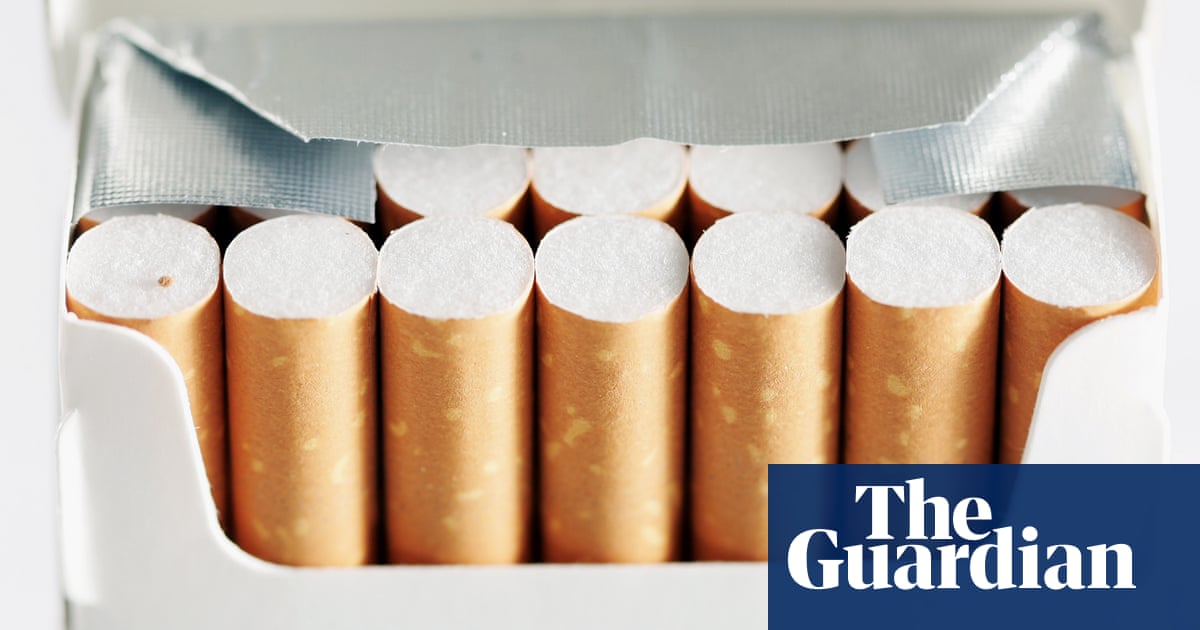
I am a retired consultant psychiatrist who specialised in the field of addiction (Constant craving: is addiction on the rise?, G2, 9 January). My conclusion was that most, perhaps all, drugs of addiction were very effective ways of passing time with minimum distress – the anti-boredom effect. Even “unpleasant” experiences will pass time very effectively. Similar experiences are achieved by shopping, TV and sexual activity etc. I thought that heroin and tobacco were the best anti-boredom drugs. Nicotine is not intoxicating, the withdrawal symptoms are severe but not obvious to the observer, easily relieved by the next fag, and disease and death are delayed until towards the end of working life, thus saving the public the expense of a pension. The ideal drug?
Dopamine is incidentally involved in addiction. The function of dopamine appears to be in a system or systems for the initiation and maintenance of our behaviours – the way we think, feel and act. These systems could be called systems for iteration.
Lack of dopamine in the brain, Parkinson’s disease, shows up as a gradual loss of the ability to initiate actions at will, so progressively you are less and less able to will your movements – a failure in the system of iteration. Parkinsonism is often accompanied by tremor or shaking; its other name is paralysis agitans. The drug L-dopa increases the availability of dopamine in Parkinsonism and enables iteration and movements to return.
The increase in, and perhaps excess of, dopamine in addictions and some other behaviours may assist their initiation and use, often overuse, but the upstream effect would be, in my eyes, that the drugs etc activate the anti-boredom effect. You might say you take the drug etc and this relieves your boredom so you take or do it again, thus involving the dopamine iteration system leading to addiction by an as yet unknown mechanism. We must escape from oversimplification, even if the current dopamine story offers a satisfying morality tale.
Dr David Marjot
Weybridge, Surrey
• Implicit in the extensive analysis of current addictions is a possible way of seeing the problem in a light which might promote coordinated and effective action. We are rightly concerned about the possible consequences of our physical environment and its pollutants. It is only a small step from this to understand that our mental, social and cultural environment may have an equally devastating effect on our lives.
Professor Terry Robinson is quoted as noting how our ancestor hunter-gathers sought sweet foods as natural sources of energy, and in this there is much to be learned from understanding the evolved realities of what we are in essence – as opposed to what we are cajoled, bullied or conned into believing that we are or must be. Junk food, in today’s culture, leads to the obesity and worse which the “evolved realities” of our (natural) diets would avoid.
Similarly, if the criteria of human wellbeing are predominantly reduced to money and materialism, our minds and personal inspirations atrophy or even vanish. Drugs, gaming, porn or sexual obsession substitute as distractions. We need to focus on, and be critical of, the cultural-social environment in which we live as much as we do on the physical environment which we now know can be so harmful.
Dr Ian Flintoff
Oxford
• Join the debate – email [email protected]
• Read more Guardian letters – click here to visit gu.com/letters
• Do you have a photo you’d like to share with Guardian readers? Click here to upload it and we’ll publish the best submissions in the letters spread of our print edition
Source: TheGuardian
